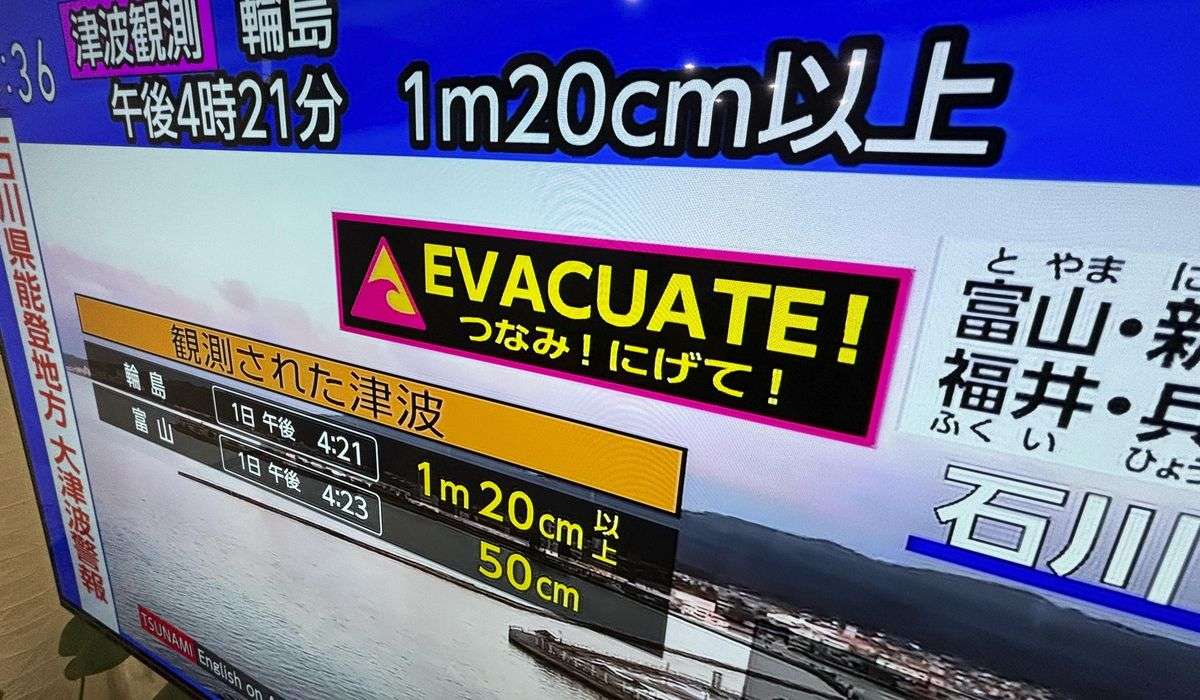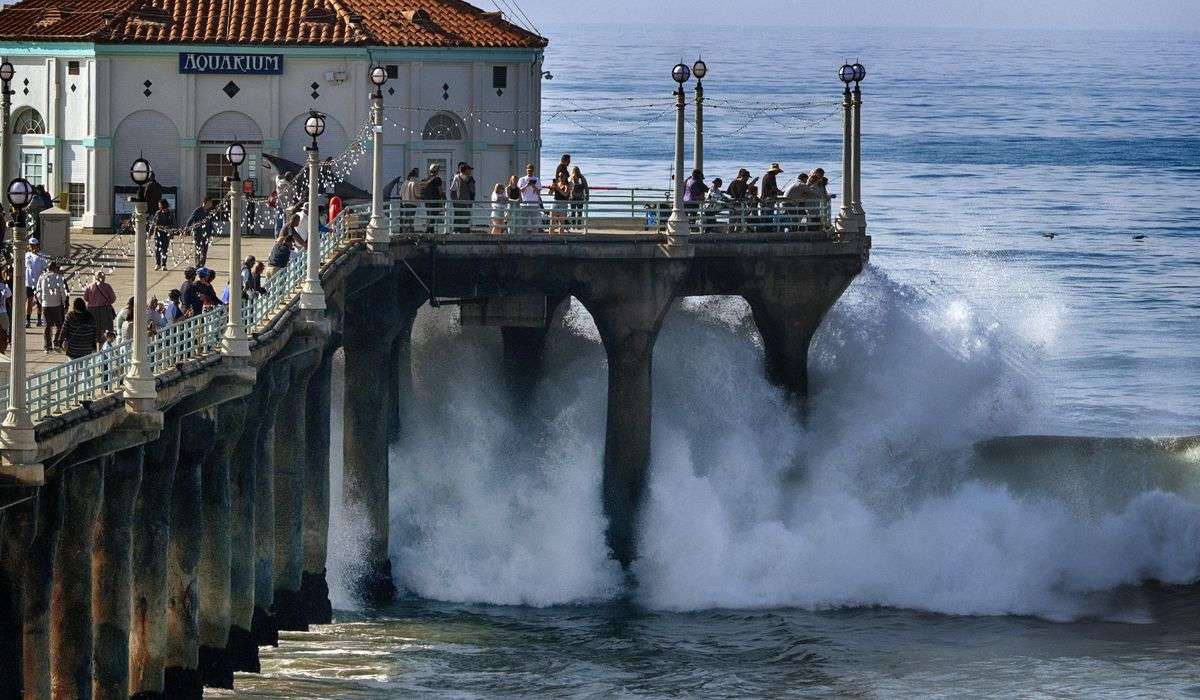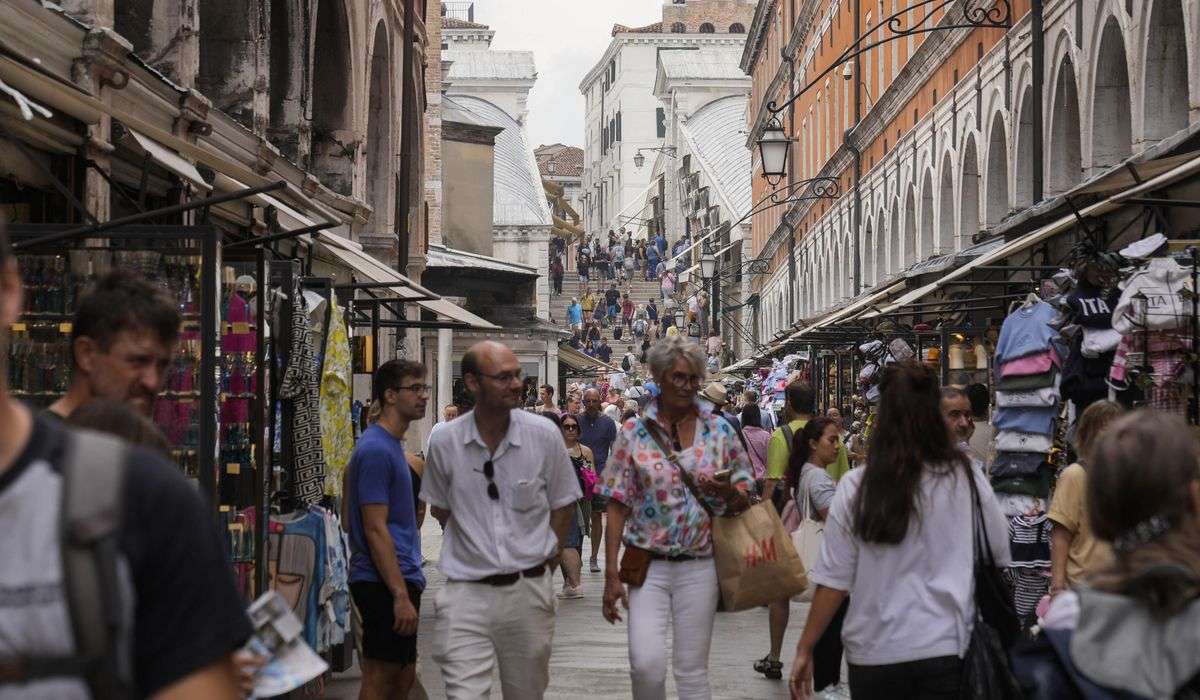Watch out for these pandemic travel scams
By Christopher Elliott,
The pandemic is high season for travel scams.
Just ask Ron and Doré Mead. They tried to get out of their timeshare during the pandemic, with disastrous results. They paid $7,395 to a timeshare exit “specialist” in Branson, Mo., hoping to unload their expensive condo in Mexico.
The specialist did nothing for months, according to Doré Mead, a retired elected official from Minneapolis. Then he referred their case to an attorney, who also did nothing.
Finally, the couple contacted the timeshare company directly, which offered to negotiate an exit. The price: five times their annual membership fees, or about $5,000. If the Meads did not involve the lawyer, they could get a 10 percent discount on the exit fee from the timeshare company, and they could also spread out the payments over six months, interest-free.
“After all is said and done, it cost about as much to end the membership as it took to buy our timeshare in the first place,” Mead says.
Complaints about timeshares are filling my inbox, for obvious reasons. During the pandemic-induced recession, discretionary spending went out the window, particularly for timeshares few could use. But there are many other travel scams with a pandemic angle, including those centered on refunds and ticketing, coronavirus testing and vaccine cards. And while the problems are different, the solutions are the same.
Timeshare expert Lisa Ann Schreier says she has seen an increase in timeshare exit scams during the pandemic. “I don’t like generalizations,” she adds, “but 99 percent of them don’t do what they say they will — or worse, they’re out-and-out scams.”
But the timeshares themselves are also preying on members.
“I’ve heard that some developers try to persuade existing owners to purchase more points — an upgrade in timeshare terms — to lower the interest rate on their loan,” says Schreier, author of the blog, The Word From The Timeshare Crusader. That could also be considered a scam because owners end up owning more of a timeshare obligation when they actually want to own less.
There’s more.
“It wasn’t long into the pandemic that we began noticing a significant uptick in fraudulent business activity and manipulative behavior designed to fool consumers into parting with their hard-earned dollars,” says Zach Pardes, a spokesman for the review platform Trustpilot.
I asked Pardes to rank the top travel scams. He said the company had seen three major types during the pandemic.
One of the biggest rip-offs involved cheap airline tickets. Some looked too good to be true, and Pardes said they were too good to be true. Scammers promised rock-bottom airfares at a time when prices were already at historic lows.
“In some cases, these companies took the fee and never did anything for the consumer,” Pardes says. “In others, they took the fee and simply found fares that were publicly available to anyone who had a few free minutes to search for them.”
Refund scams were also popular during the pandemic. Trustpilot found that as travelers fought for refunds from airlines, hotels and vacation rental companies, fraudsters were only too eager to get in on the action.
“The offer was simple,” he says. “Pay them a small fee and they would fight to get you your money back for your now-canceled vacations. They were very good at the first part — collecting a fee. But that’s where it ended. And for their efforts, consumers found themselves out even more money in the midst of a pandemic.”
But the most complained-about pandemic travel scam involved coronavirus tests, he says. As the pandemic surged, and states implemented testing and quarantine requirements, scammers touted phony coronavirus tests that yielded only negative results. Perhaps the most brazen of all these scams happened in Paris last year, when officials arrested scammers for selling fake negative coronavirus test results to air passengers for $360 a pop.
“I know one person who traveled round-trip between Switzerland and Thailand on a faked coronavirus test that was photoshopped using his friend’s legitimate test result,” says Roger Hyde, CEO of tour operator Dulabab Journeys. “The same person tried this scam entering Spain recently and it didn’t work.”
You can avoid most of these scams with a few simple strategies.
First, don’t try to bend any rules. A new report from NordVPN, a network service provider, found that since the beginning of the vaccination rollout, search queries related to vaccine sellers have spiked. Online usage of the phrase “buy coronavirus vaccine” rose by 136 percent from December to January. “Some of the people searching for these terms will almost certainly end up on fake websites and fall victim to hackers,” says Daniel Markuson, digital privacy expert with the company.
Make sure you’re dealing with a legitimate company. A quick online search can reveal a lot of useful information. Also, make sure there is a padlock icon on the left-hand side of your browser’s address bar. That means it is a secure site, with added protections to help keep your information safe.
“Don’t give out personal or payment information via email or phone call unless you’re 100 percent certain the person you’re corresponding with can be trusted,” says Mason Miranda, a credit industry specialist at Credit Card Insider, a credit card review site.
Careful research can protect you from fraud, say experts such as Johanna Baum, CEO of Strategic Security Solutions Consulting, an information security consulting firm.
“With misinformation rampant and people feeling desperate for answers, mixed with the travel bug, travelers are more vulnerable to scams now than ever before,” she says. “As more businesses are eager to reopen and people are energized to travel, both parties are less focused on their security, privacy or verifying legitimacy.”
All of which brings us to the scams that await us during the upcoming travel season. Baum and others say the #vaccinecard trend, which encourages people to post their vaccine IDs to social media, is a gateway for future scams. Never post personal information online for the world to see. A related future scam: companies trying to sell vaccine IDs or vaccine passports. So far, every vaccine passport is free. Never pay for one.
Bottom line: The pandemic travel scam season is far from over. Now more than ever, you have to be vigilant: Do your research, avoid shortcuts and use common sense. In the frenzy to travel again after the pandemic, too many travelers are bypassing all three.
Read more from Travel: Read past Navigator columns here






